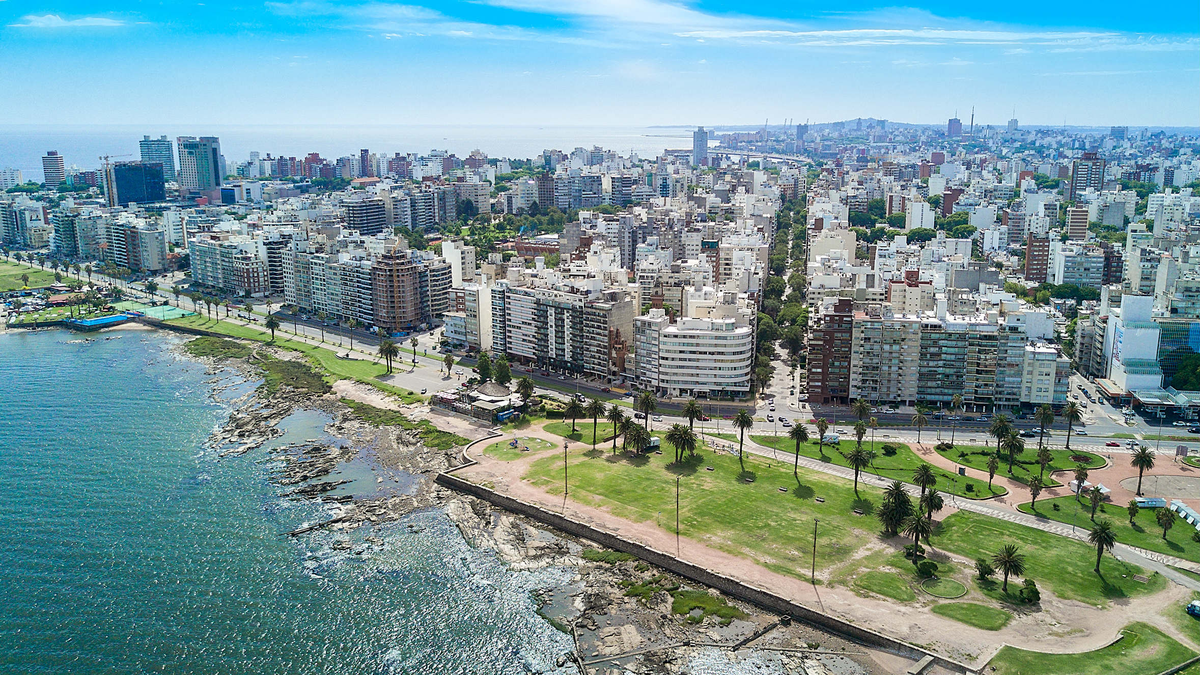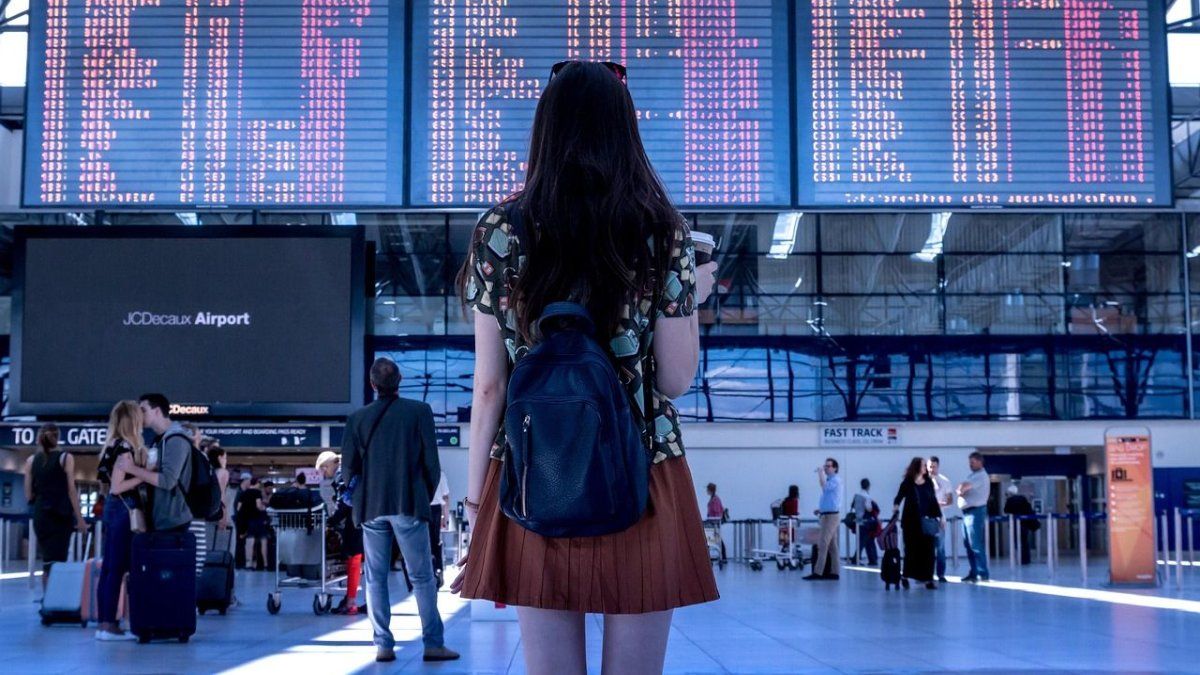Montevideo was recognized by the United Nations (UN) as one of the “15-minute Cities”, thanks to its real estate, commercial and gastronomic growth in recent years.
One of the key milestones to achieve this status was the promulgation of Law 18,795, on promoted housing, thanks to which the capital of Uruguay received a wave of investments and development of real estate projects that favored the arrival of many tourists, some of whom use the city as a “pass through,” as well as young people looking to take their first steps.
The UN values “the concept of cities where their inhabitants can access all essential services in less than a quarter of an hour”, as well as the fact of creating awareness in society about the importance of efficient urban spaces, with low carbon emissions and healthy.
“A better city is a better life,” they highlighted from United Nations, while they detailed that more than half of the world’s population lives in cities (more than 4 billion out of 8 billion) and projections for 2050 indicate that the number of inhabitants will reach nearly 10 billion, of which about one 70% will live in large cities.
“The 15-minute city is a proposal in which the proximity of services makes life easier for the population,” said the urban planner and professor at the Sorbonne University in Paris. Carlos Moreno, and highlighted: “We want you not to have to travel much from your home, whether to go to work, shop, access hospitals, enjoy culture or relax.”
Montevideo meets the premise
In this regard, he appreciated that the Mayor of Montevideo, Carolina Cosse, “She is also very interested in this concept,” during an interview with DW.
Meanwhile, the architect Fabián Kopel, director of Kopel Sánchez, valued that “Montevideo “It is a city that has had impressive urban development in recent times, especially post-pandemic.”
At the same time, he stated that this improvement “allows the capital today to meet the premise of having all essential services such as hospitals, schools, transportation, restaurants and quick access to the main avenues or routes of the country.”
Source: Ambito




